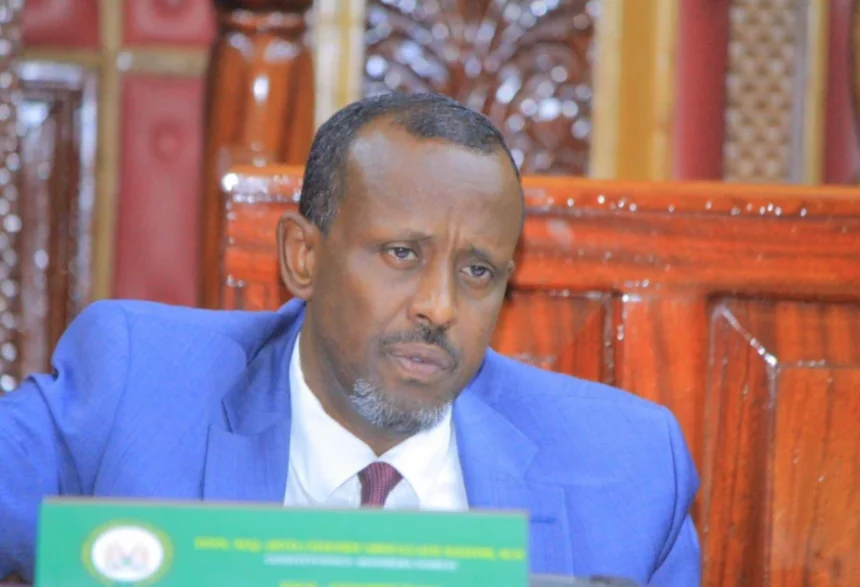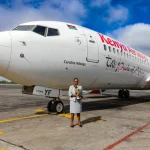Mandera North Member of Parliament Bashir Abdullahi has clarified his controversial remarks about the BBC documentary ‘Blood Parliament’ that exposed the faces of police officers who allegedly killed youthful Kenyans during the June 2024 anti-Finance Bill protests.
For the past 72 hours, the lawmaker has come under sharp criticism over his “we sympathise and move on” remarks, which were taken to intimate that Kenya had moved on from the deaths witnessed during the protests and people ought not be fixated on the matter.
“BBC World Service has attended to this matter in a way that also looked at the Kenyan society as something that was discriminatory. Our media stations also picked it up without questioning how BBC World Service aired the story. It happens world over, people are killed, our people were killed, we sympathised, we moved on,” he said in Parliament on Tuesday.
While responding to the backlash on his social media platforms, MP Bashir claimed that his words were taken out of context and were directed to how the Western media condemns acts in some countries but fails to criticise global injustices in others.
“My remarks were directed at the biased narrative of some Western media, who are quick to condemn acts in other countries but remain silent on the massacre of Palestinians and other global injustices. It is this silence, this hypocrisy, that I was highlighting,” he stated.
The lawmaker denied claims that his remarks downplayed the lives lost during the protests. Instead, he called for an independent investigation to be carried out to arrest those responsible for the crimes.
“I therefore support the call for an independent investigation into the events of June 25, and I demand that those responsible be held accountable. demand that those responsible be held accountable,” Bashir pointed out.
“If my words hurt the bereaved families or any Kenyan, I offer my deepest and unconditional apology. And do so as servant leadership.”
Bashir’s remarks also echoed his Dagoretti South counterpart, John Kiarie, whose statement also attracted severe criticism.
Kiarie took issue with the BBC documentary and questioned whether they enforce the British agenda in Kenya.
“In media, the BBC is funded by taxpayers’ money in Britain, meaning that it is funded to push the foreign agenda internationally. We want to know if the BBC is speaking as a mouthpiece of the government and the people of Britain or what it is doing,” he stated.
In the documentary, police officers believed to have killed three protestors were identified after the BBC team analysed over 5,000 images to piece together the sequence of events on June 25, 2024.
So far, the BBC exposé has garnered 4.7 million views on YouTube.



